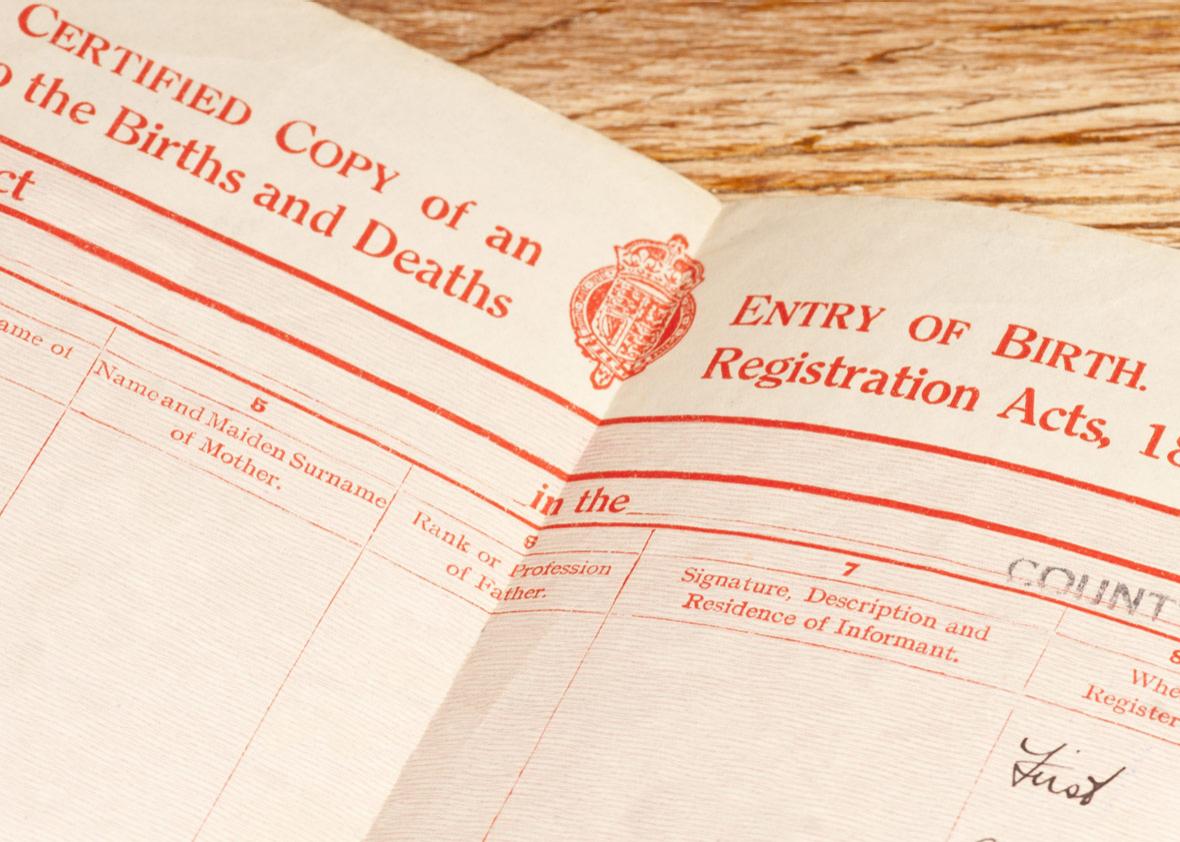In a pair of new lawsuits filed this month, Lambda Legal powerfully explains why the Constitution requires that transgender people be permitted to change the gender marker on their birth certificates to accurately reflect their identity. While an increasing number of jurisdictions permit people to more easily change the gender marker on their birth certificates, drivers’ licenses, or other government identification documents, several jurisdictions still require proof of surgery in order to change the gender marker. And a handful, including Idaho, Tennessee, and Puerto Rico, do not permit gender marker changes to a birth certificate under any circumstances.
As outlined in the Lambda lawsuits, which challenge the Idaho and Puerto Rico policies, identification documents such as birth certificates are in many ways the gateway to accessing a whole panoply of societal benefits, including employment and housing opportunities. And these restrictive policies act as gatekeepers—burdening transgender people’s ability to participate in and enjoy public life. For instance, in order to obtain employment, people are often required to submit proof of identity and employment authorization, including a birth certificate. If the gender listed on the birth certificate does not comport with an individual’s expressed identity, intimate information about their identity, including their transgender status, could be outed, subjecting them to discrimination or even violence. The Supreme Court has suggested that the Constitution’s substantive due process protections circumscribe the government’s ability to disclose such intimate, sensitive information.
In fact, some courts have already ruled that laws strictly limiting a person’s ability to change the gender marker on a government identification run afoul of constitutional privacy protections. In K.L. v. Alaska, a case brought by the American Civil Liberties Union, an Alaska court ruled that the state’s failure to have a policy permitting individuals to change the gender marker on their driver’s license impermissibly interfered with transgender people’s right to privacy under the state constitution. Similarly, in another ACLU lawsuit, a federal court in Michigan concluded that Michigan’s restrictive policy for changing the gender marker on a driver’s license implicated the fundamental right to informational privacy under the 14th Amendment’s Due Process Clause.
But birth certificates and identification documents are about more than accessing government programs, obtaining jobs, maintaining privacy, and staying safe—important as those things are. They also center on the very basic yet critically important ability of each of us to say and define who we are. Does the government get to decide that? The doctor who quickly made the initial determination? Or does each individual get to exercise autonomy over their identity? That right lies with the individual.
And so, for that reason, the brave plaintiffs in these lawsuits also assert a due process right to gender autonomy. As Justice Anthony Kennedy explained in the Obergefell v. Hodges decision overturning bans on same-sex marriage, “[t]he Constitution promises liberty to all within its reach, a liberty that includes certain specific rights that allow persons, within a lawful realm, to define and express their identity.” (Emphasis added.)
In addition to these important due process claims, the lawsuits also argue that the birth certificate policies discriminate on the basis of sex-based characteristics and transgender status in contravention of constitutional equal protection guarantees. In this way, the suits build off other recent rulings recognizing that discrimination against transgender people is forbidden by the Equal Protection Clause, either because it is a form of sex discrimination or because transgender status itself is a protected characteristic.
Finally, the lawsuits assert that forcing transgender people to affiliate with an inaccurate gender by saddling them with an incorrect birth certificate compels transgender individuals to embrace speech they disagree with. By forcing transgender individuals to send an inaccurate message about their gender, these laws compel unwanted expression about the most sensitive of subjects. In that sense, they likely run afoul of the First Amendment, which bars the government from coercing individuals into sending a message they disagree with.
All told, these new birth certificate lawsuits serve an important doctrinal and discursive role in explaining why access to accurate birth certificates is of crucial, constitutional importance for transgender people: It is about autonomy, privacy, expression, and so much more. Of course, separate and apart from identity documents, transgender people face a host of barriers to surviving, much less thriving. As with same-sex marriage rights, “a certificate on paper isn’t going to solve it all—but it’s a damn good place to start.”
